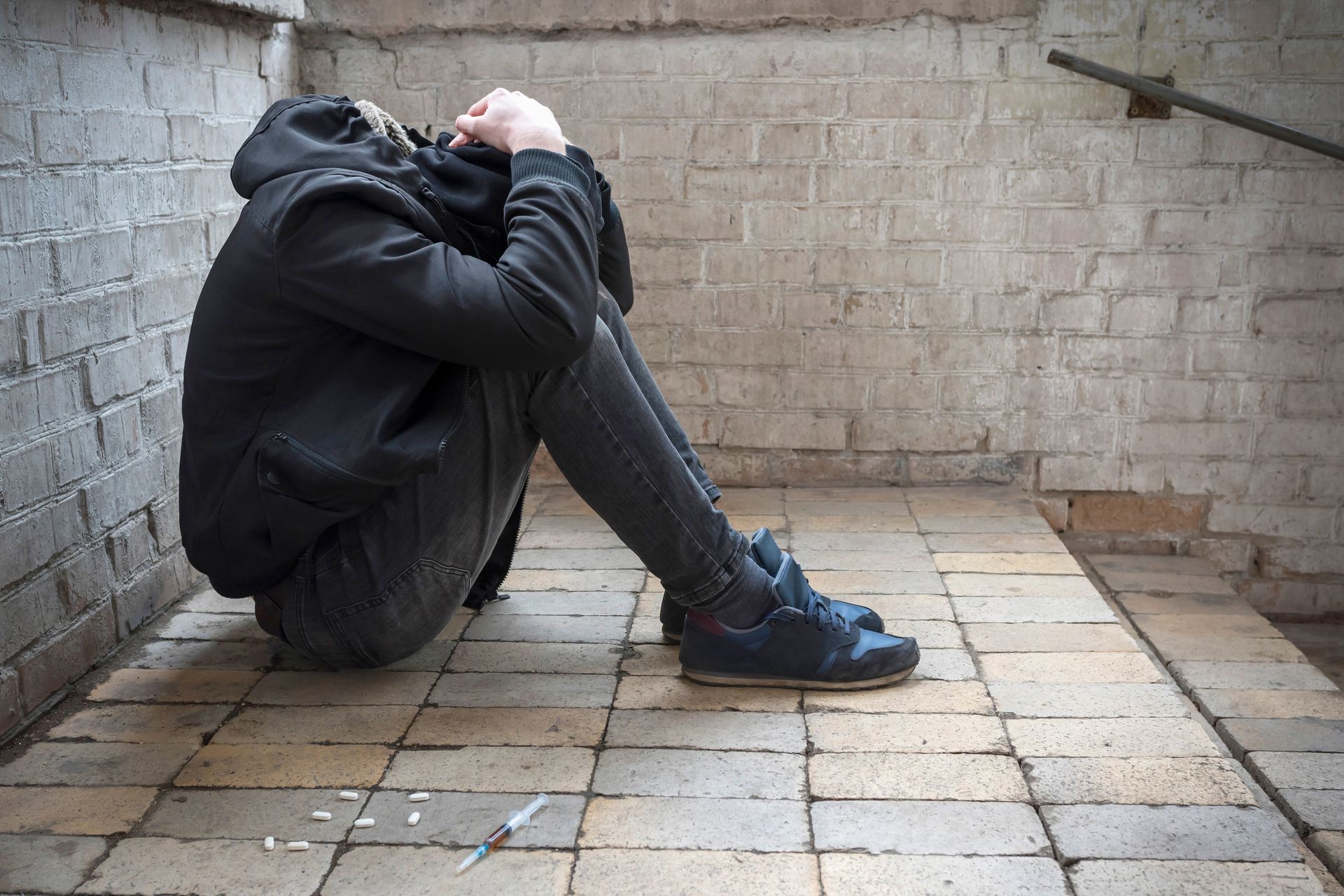Cocaine Drug Rehab Center in Beverly Hills, CA
Cocaine addiction is a serious issue affecting many individuals in Beverly Hills and surrounding areas. Our Beverly Hills cocaine drug rehab center utilizes evidence-based treatments and holistic approaches to support lasting recovery. We combine medical detoxification, individual and group therapy, and aftercare planning to give clients the best chance at overcoming cocaine addiction.
The Neuroscience of Cocaine Dependency
Cocaine impacts the brain's dopamine system, creating intense feelings of euphoria and energy. With repeated use, the brain adapts to these surges, leading to tolerance and cravings. This rewiring of neural pathways makes quitting difficult without support.
Cocaine use alters brain structure and function over time. It affects areas responsible for decision-making, impulse control, and stress response. These changes can persist even after stopping cocaine use, contributing to relapse risk.
Recognizing Substance Use Disorder
Cocaine use disorder manifests through behavioral, physical, and psychological symptoms. Key signs include:
- Increased tolerance
- Withdrawal symptoms when not using
- Inability to cut down or control use
- Neglecting responsibilities
- Continued use despite negative consequences
Physical indicators may include dilated pupils, nosebleeds, and weight loss. Mood swings, paranoia, and irritability are common psychological effects.
The Role of Art, Yoga, and Meditation in Recovery
Art therapy encourages self-expression and emotional processing through creative activities. Clients can explore feelings and experiences that may be difficult to verbalize.
Yoga classes improve physical strength and flexibility while teaching mindfulness and relaxation techniques. Regular practice can reduce anxiety, enhance body awareness, and provide healthy coping mechanisms.
Meditation sessions help clients cultivate present-moment awareness and emotional balance. We offer guided meditations and mindfulness exercises to reduce cravings, manage stress, and support long-term recovery.
Aftercare and Continued Support
Sober Living and 12-Step Programs
Our sober living homes offer a structured, substance-free environment for clients transitioning out of intensive treatment. These homes provide peer support, accountability, and a safe space to practice new coping skills. Residents follow house rules and attend regular meetings.
Family Therapy and Building Support Networks
We offer family therapy sessions to heal relationships and build a strong support system. These sessions help loved ones understand addiction and develop healthy communication skills. Families learn how to support recovery while maintaining healthy boundaries.

